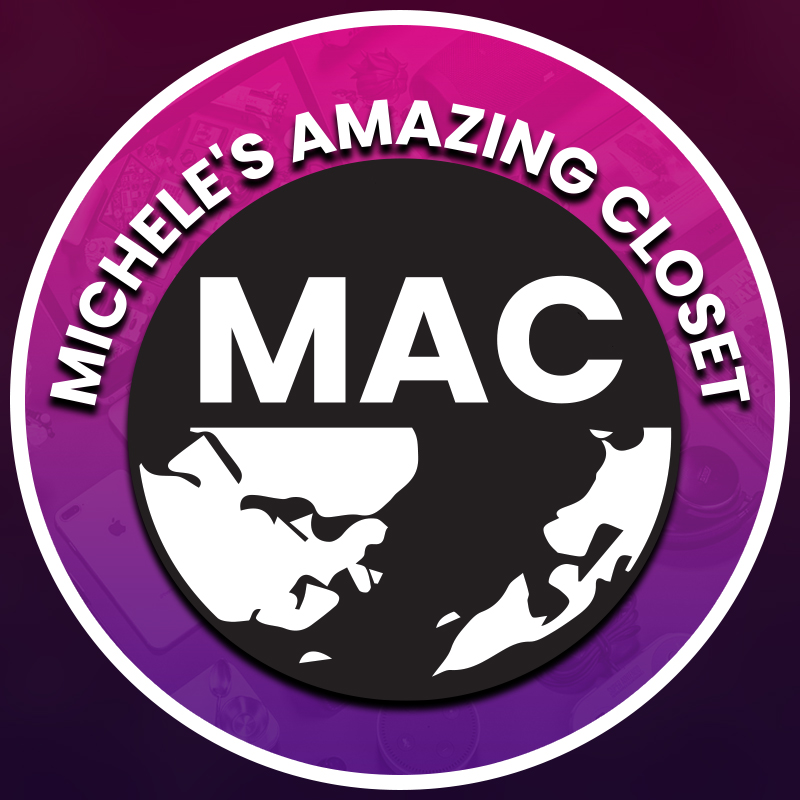
CHICAGO — During Venture Connect at HIMSS23 on Wednesday, Holly Maloney, managing director of General Catalyst, discussed responsible AI use in healthcare and what the company looks for in a startup when considering an investment.
“Over the last three to four years, we’ve put pen to paper of defining truly what is our thesis,” Maloney said. “And it is all around this concept of Health Assurances. How do we take a system that is historically badly fragmented, super costly, more reactive into one that is truly focused on access, quality, lower cost and personalized proactive experiences?”
To offer data-driven and consumer-centric healthcare services, Maloney said responsible innovation is vital.
“Technology has the ability to drive incredible change, but with that ability you have great responsibility, especially as we get into the role of AI and automation,” Maloney said. “The promise of AI has existed for over ten years…but it’s been incredibly slow to adopt.”
One of the reasons for that slow adoption is a lack of trust, Maloney said.
“We need to focus on building systems that are fair and inclusive, that are robust and reliable, that are private and secure and that are transparent and knowledgeable,” she said.
She emphasized the importance of understanding the potential consequences of using AI in healthcare and building with those consequences in mind to avoid negative impacts.
“The stakes are incredibly high. There is a tremendous amount of super private information that can be monetized in many ways and who will rise on the other side in terms of automation and care pathways,” Maloney said.
In addition to Health Assurance, General Catalyst believes collaborations are needed to go to market. But innovation, change and transformation in healthcare take time.
She said General Catalyst does not assume it needs to fundamentally disrupt the existing infrastructure. Instead it has developed partnerships with health systems.
Still, Maloney acknowledged it’s still difficult to integrate portfolio companies’ technology into big healthcare systems.
“Challenges that we face are getting truly embedded into the workflow and being able to align expectations around realistic implementation and expansion within organizations,” Maloney said. “No matter how aligned we think we may be, there’s always another way.”
Even if challenges exist, many companies are seeing that establishing partnerships is best for their business model and are necessary to scale operations.
“There’s a lot of innovation happening in healthcare,” Maloney said. “It’s up to [investors] to figure out how some of these point solutions come together.”

